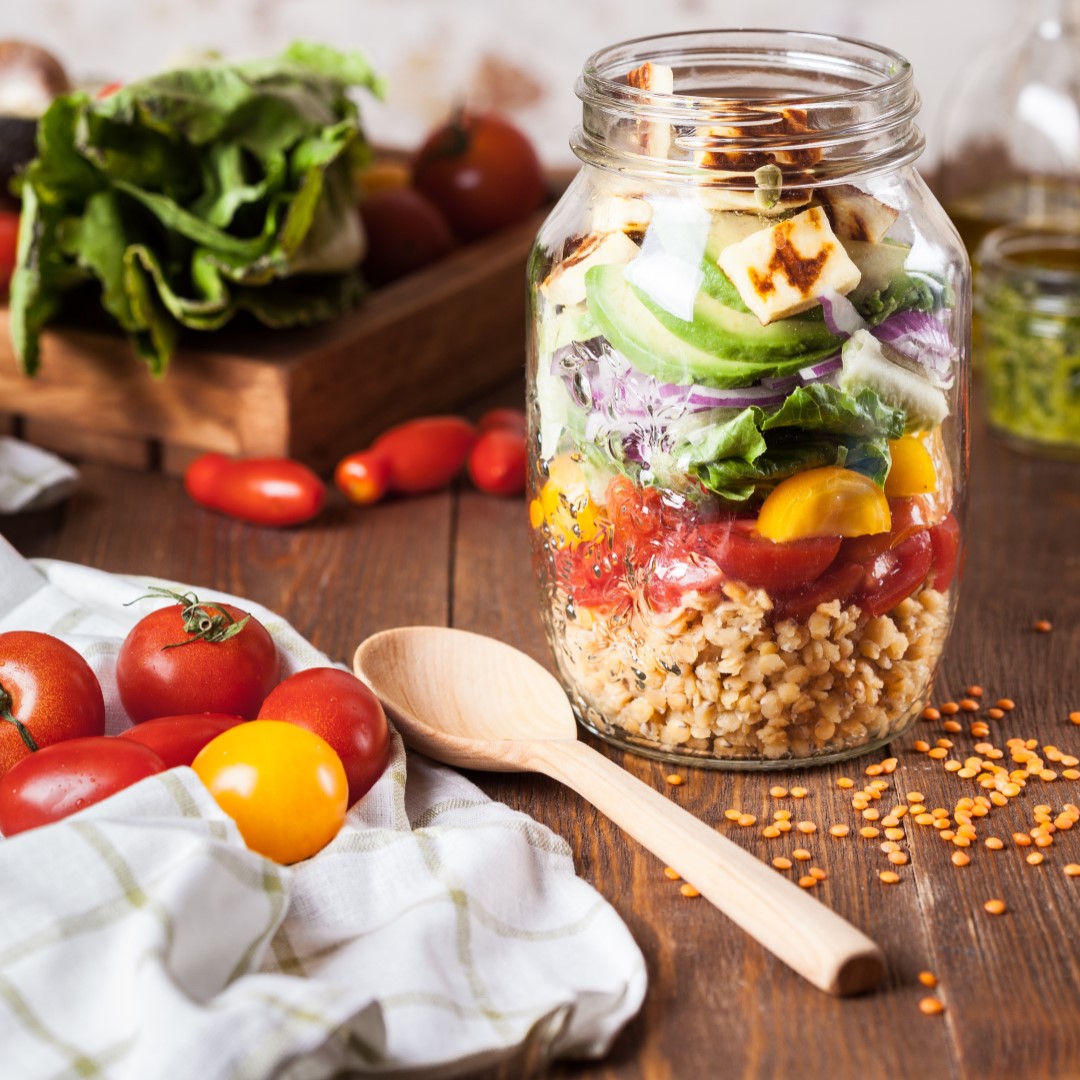Oct 12 2023
Waste not, want not: top tips for reducing food waste
Kiwis are wasting less of their food than they were a year ago, but food waste continues to be a major problem here, according to the 2023 Rabobank-KiwiHarvest Food Waste survey, which revealed the average NZ household reported wasting 12.2% of the food they bought each week.
Better, but not great
While that’s an improvement on the 13.4% wastage recorded in 2022, our overall food waste bill has shot up to $3.2 billion annually – basically what it would cost to feed around 688,000 Kiwis for a whole year.

Rabobank New Zealand Head of Sustainable Business Development Blake Holgate said: “While the 2023 survey found food waste was lower than in 2022, it’s important to note last year’s survey saw the highest estimated food waste we’ve seen across any of the food waste surveys…over the last six years”.
The usual suspects
The survey found the key reasons for wasting food continued to be ‘food going off before you can finish it’ (50%) and ‘before use by and best before dates’ (32%), while the major food waste concerns remained ‘cost’ (74%) and ‘feelings of guilt that other people around New Zealand going without’ (35%).
The types of foods being wasted were also in line with 2022, with vegetables (38%), bread (29%) and fruit (25%) continuing to hold the top three spots on the list.
Older generations have the edge
Perhaps unsurprisingly, older people waste the least, with respondents aged 55+ estimating they waste 6.9% of their weekly food shop, compared with 16.5% for Millennials (aged 27-40) and 19.2% for Gen Zs (aged 18-26).
That said, given the environmental impact of food breaking down in landfills, not to mention the pain in your purse amid skyrocketing food prices, we could probably all do with stopping to ponder the potential of that lonely wilting carrot or last rough slice of bread before we fling them in the bin.
“[I]t’s absolutely vital that, as a country, we continue to place a strong focus on educating the public about the negative financial and environmental impacts of food waste,” Mr Holgate said.
So, what can we do to further reduce the amount of food we throw away? Look no further!
Top tips to reduce food waste:
Plan your meals and shop accordingly: Create a weekly meal plan and use that to create a detailed shopping list before you head to the supermarket. This helps you buy only what you need, reducing impulse purchases that you might not end up using before they go off.
Understand expiry dates: Learn the difference between "use by" and "best before" dates. “Use by” should be consumed on or before that date, but “best before” is more of a guide as to when the product might start to lose quality but should still be perfectly safe to eat. Use your judgement – as well as your eyes and nose – as many products will last well beyond their “use by” dates if stored properly. On that note…
Sensible storage: Get familiar with storage tricks to make your fresh food last longer. For instance, store bananas in their own bowl so they don’t cause other fruit to ripen too quickly, similarly keep onions and potatoes apart, but both in a cool dry place, to stop them sprouting, and wrap avocado halves in clingfilm (keeping the stone intact!) and store in the fridge.
Practice FIFO (first-in, first-out): Organise your pantry, fridge, and freezer so that older items are used before newer ones to prevent spoilage.
Portion control: Serve appropriate portion sizes to avoid leftovers that might go uneaten. Or plan ahead so you get multiple meals out of the one dish.
Think outside the box: Transform leftovers into new meals. For example, yesterday's roasted vege can become today's frittata. Or act before it’s too late - all those vegetables in the crisper that are on the verge can be bunged into a pot with stock or water and transformed into a hearty soup to freeze, or make a pesto with whatever herbs and greens you have lurking in your fridge, including spinach, broccoli or even cauliflower. Meanwhile, bread that’s lost its sandwich spring can be torn up, tossed in olive oil and dried herbs and baked until crispy and used as croutons on salad or soup.
Preserve food: Use preservation methods like freezing, canning, and pickling to extend the shelf life of fresh produce and cooked meals. This is particularly handy if there’s only one or two of you at home, which can make it even trickier to get through fresh food before it turns. In that case, don’t forget you can freeze bread and just take out what you need each day and cut up and freeze fresh fruit and vege too if you know you won’t use it all at once.
Share your surplus: If you have excess food, consider donating it to local food banks, or community organisations. Or throw a potluck for family and friends and challenge everyone to make something using whatever’s already in their fridge or pantry.
Compost: Composting is an eco-friendly way to dispose of organic waste and create nutrient-rich soil. Win-win!